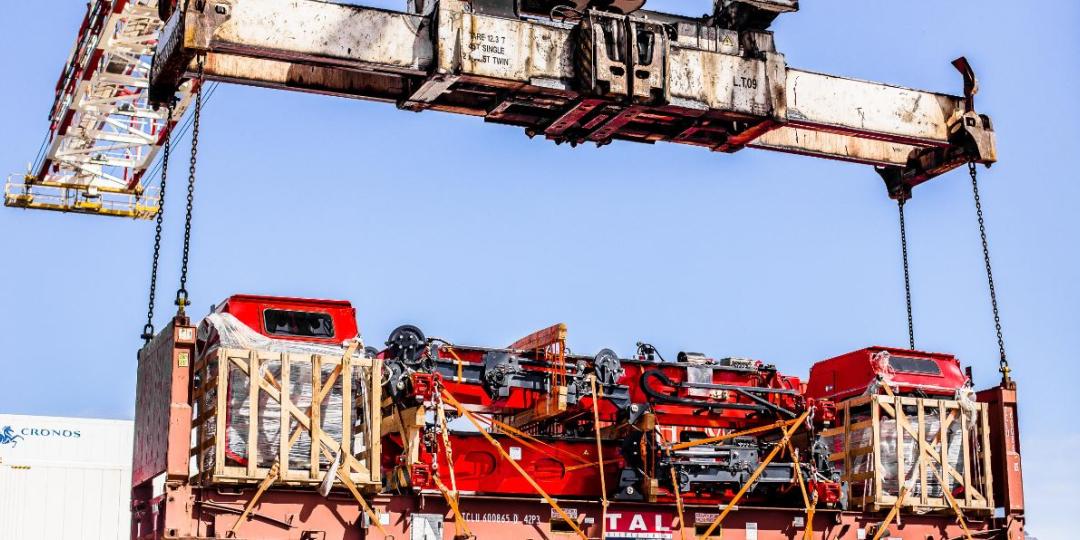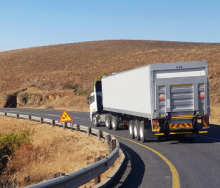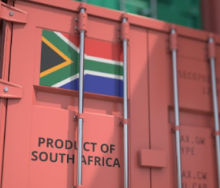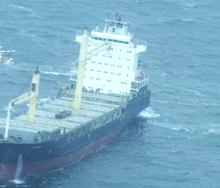The Cape Town Container Terminal (CTCT) is awaiting delivery of four new-generation straddle carriers as part of an ongoing strategy to mitigate the impact of wind on the terminal.
The equipment is currently en route to South Africa from Poland on board the vessel Santa Rosa and will be assembled on site. The timeframe for this will depend on the status of the lockdown situation.
Wind has been an ongoing challenge at the Port of Cape Town - particularly in the past three years, with changes in wind patterns negatively affecting terminal operations.
Hundreds of working hours are sometimes lost due to the wind, resulting in serious landside congestion and vessel backlog.
Reducing weather-induced delays has been a priority for Transnet Port Terminals (TPT).
According to Maisa Salman, TPT acting general manager: engineering maintenance, straddle carrier operations come to a complete halt when wind speeds reach 90km/h compared to 72km/h for rubber tyre gantries.
“With Cape Town experiencing about seven months of windy weather between October and April, which is also peak reefer season – the acquisition of these four straddle carriers will improve equipment availability on days of windy weather.”
This is a move that will be welcomed by the port industry across the board in Cape Town where role-players have been at loggerheads with the port authorities for years over equipment.
While industry has maintained that straddle carriers are the best equipment to use in windy regions, several years ago Transnet opted to move from a straddle carrier operation to a rubber tyre gantry (RTG) operation. Straddles were previously used to mitigate the impact of wind on terminal operations.
Industry was further incensed when in 2018 the port’s best straddle carriers were moved to Durban to deal with the equipment challenges there, further affecting CTCT operations.
Industry has always supported TPT’s decision to change to a hybrid terminal, utilising straddle carriers as well as RTGs, and the new straddle carriers will make a significant impact on operations, especially during times of strong wind.
According to Salman, the R71-million investment is part of a broader TPT equipment boost of R2 billion in this financial year. “We have heeded industry calls for equipment that will improve operational performance. Delighting customers through on-time delivery is the aspiration, and therefore targeted planned maintenance strategies have to underpin efforts,” said Salman.
“The commissioning of the cranes is expected to be delayed due to the lockdown and travel restrictions as the machines cannot be assembled and commissioned without the original equipment manufacturer (OEM) engineers on site here in South Africa.”













